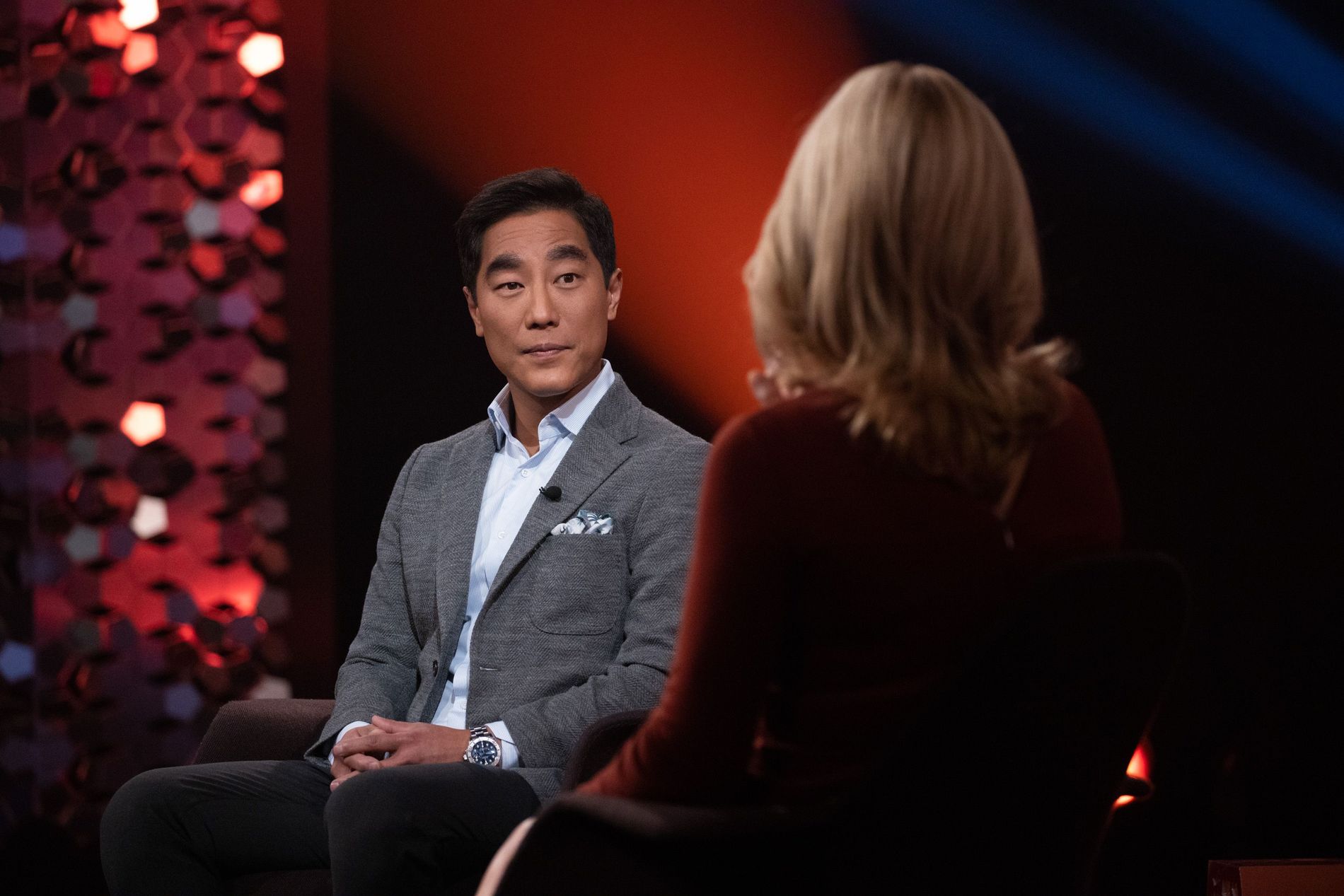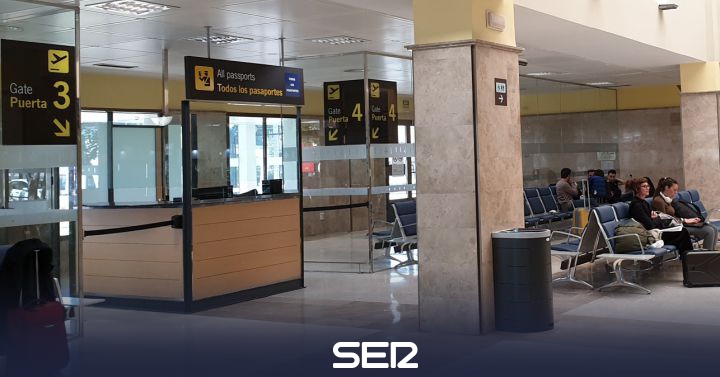Fredrik Solvang wipes away tears when Tinashe Williamson tells how as a child she was exposed to racism from peers.
–
NRK presenter Fredrik Solvang (44) and actor and model Tinashe Williamson (36) take a strong stand against everyday racism in the NRK talk show “Lindmo” on Friday night.
Solvang is visibly moved when Williamson tells of one of many episodes where other school children were rude to her.
– There is something about racism that makes you as a brown person just feel very skinless and defenseless. It is of course not a good feeling, says Fredrik Solvang to VG.
He believes the story that Williamson tells is recognizable to absolutely everyone.
– Children can be ruthlessly cruel to each other, without any kind of ability to understand how long one can carry on such an experience.
Tinashe Williamson is currently publishing a book this autumn with “Handbook for young anti-racists” which is published by Cappelen Damm Forlag.
– I want to give parents a tool that makes it easier to talk to their children about racism and explain why it is important with representation and diversity, she says to VG.
Williamson will convey how important it is to help children dare to speak out when they encounter racism. And that other children who do not feel it on the body can become good allies against racism.
– What do you think about the children who said so much ugly to you?
– I wonder where they had learned it, says Williamson.
Solvang believes that she addresses an important topic:
– Many parents react by getting very angry when they discover that the child is being exposed to racism. It is natural, but very unconstructive for the child. The most important thing you can equip the child with is self-confidence from a very early age, because it makes you proud of your appearance and that you are able to look for the beauty in looking different, Solvang comments to VG.
– The worst comments stick
Fredrik Solvang grew up as an adopted child at Setermoen in Troms. He emphasizes on “Lindmo” that he has never been exposed to systematic racism, but tells of a childhood where it took a long time to reconcile with skin color and appearance.
– As a brown child, especially in a small place, you always know that you are. You are made aware of it. You are made very aware of it. And it is the worst comments that stick, says the “Debate” host before the tears overwhelm him.
– How do you put something like that aside? How do you get over it, asks host Anne Lindmo.
– You grow up. And then you realize that the world is bigger. It is understood that there are many people who are similar or similar, Solvang answers.
– Harder than what was intended
Solvang goes on to talk about the danger of developing self-loathing, when one is constantly given a white ideal of appearance that is impossible to achieve.
He tells VG that many who fight against racism are very easily accused of being harsh and irreconcilable.
– Maybe as an adult you become a little paranoid, categorical and combative. It may be that you have to compensate for feeling as defenseless as a child, but you may be harder than you thought, says Solvang.
Solvang and Williamson are strongly influenced when they open up about their personal experiences on “Lindmo”.
– The things that were presented to me as beauty ideals – like blonde, blue eyes, pointed nose, narrow mouth – were the exact opposite of what I was. That is why I believe that representation is so important, so that “kids” can see for themselves that they are represented, says Tinashe Williamson to host Anne Lindmo.
Also harassed as an adult
Williamson talks about how she used the name “Tina” instead of Tinashe and straightened her curly afro hair to fit. About how she still, as an adult woman, regularly receives messages from people who call her “monkey”, “ugly” and “dirty”.
When Anne Lindmo points out that this is worthless chatter, Williamson replies that even though she also knows this and wants the comments to bounce off, they make her a little safer to raise her hand.
A little safer for what it will cost.
She fights this feeling, because she does not want to be gagged, she says in the program.
Tears run down Fredrik Solvang’s cheeks as he hears Williamson talk about her experiences and about the talk she has dreaded taking with her eldest daughter.
The conversation about someone going to dislike their daughter too, because she looks like she does, and that some people dislike non-whites so much that they are willing to kill.
– That is why it is so important to talk about racism. It happens, and we can not change anything that we do not recognize is happening, says Williamson.
For her, it is a strain to speak so openly on “Lindmo”:
– You feel very naked and skinless. It costs a lot to be so honest and talk about wounds you still work on today. But I do it, because it is important and because I want a better world for my children and those who come after us, she says to VG.
–


